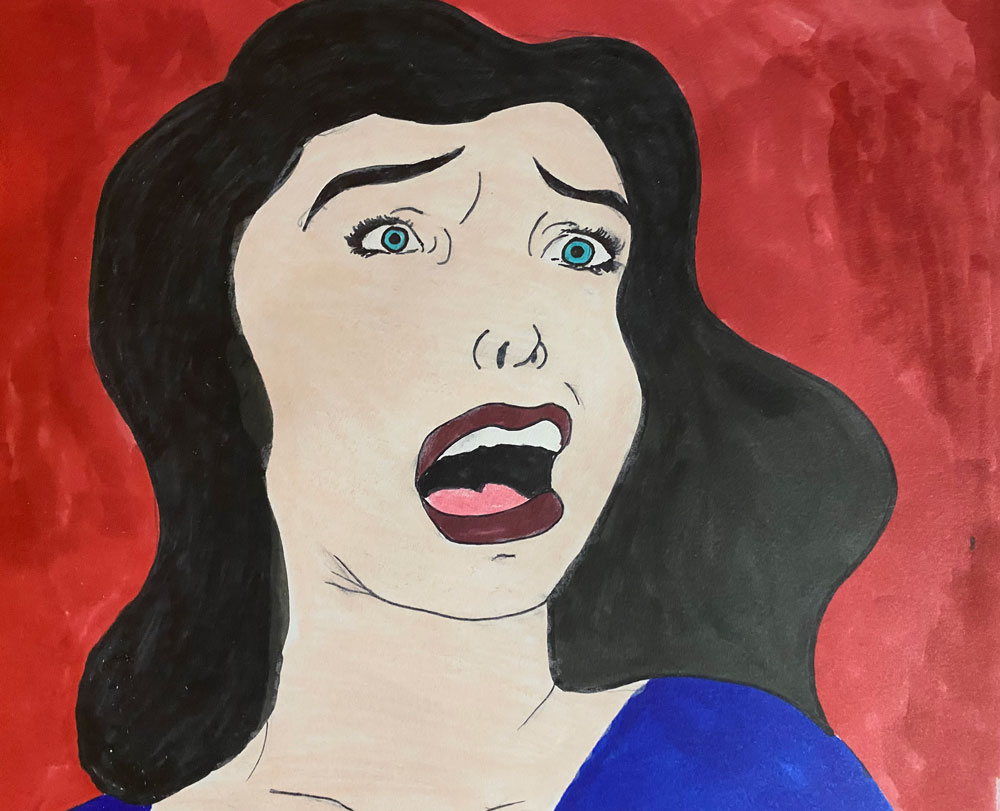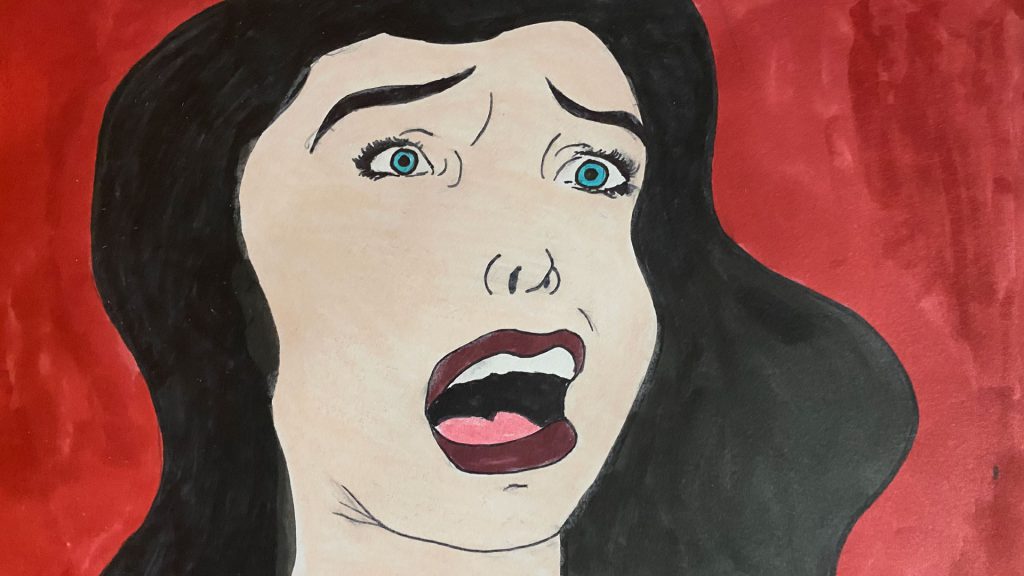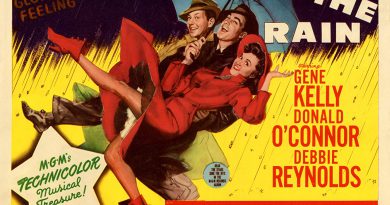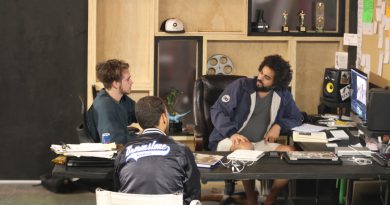The Misogynistic Portrayal Of Women In Horror Films Needs To Stop
What is most frightening about horror films is not the jump scares, stalkers or psycho-killers—it’s how misogynistic the genres portrayal of women is.
There are multiple ways that the female personality, body and sexuality have been misportrayed throughout history in horror movies.
First, we have the screamers. Women in this role are always being chased by the killer and are pretty much voiceless apart from their screams.

We see this in Stanley Kubrick’s film adaptation of The Shining in 1980. The character Wendy Torrance screams constantly about her husband’s descent into madness yet doesn’t show much character development.
The problem with this kind of film structure is that it reduces female characters down to a singular emotion—scared. Instead of portraying women as the multifaceted beings that they are, some horror films insinuate that women are just living representations of weak emotions.
Another problem in horror films is how they represent society’s fear of the female anatomy and sexuality.
An example is Stephen King’s 1976 classic, Carrie, where a bullied young girl with telekinetic powers is raised to believe that her period and sex are sinful. Carrie ends up feeling restrained over her own bodily functions and powers.
The 2007 film Teeth also has this problem. The plot revolves around a teenage girl who discovers she has teeth in her vagina after she is almost raped. It is based on ‘vagina dentata,’ a horror folklore created from fear toward women’s unrestrained sexuality.
This persistent use of female monsters and the troubling relationship with women’s bodies is the result of the male gaze. It misunderstands and objectifies women by showing that their sexuality and body can be damaging.
By no means am I suggesting we stop enjoying or watching horror classics. The horror genre should be recognized for its approach in not censoring the horrors of violence, its ability to tell women’s stories, its diverse range of female characters and its ability to position women as constant survivors.
However, we must recognize that the genre needs to do a better job of understanding women and portraying female representation.




